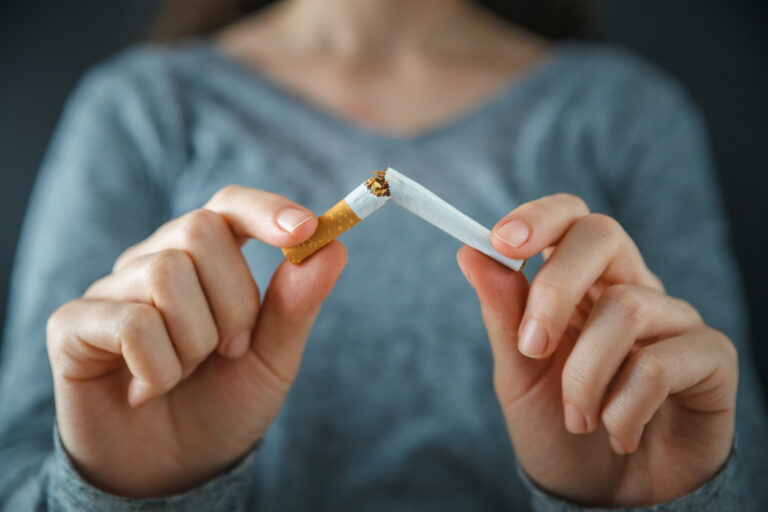by TIM SMITH
Simple choices about your personal environment can make a big difference as you protect yourself against cancer.
The advice from radiation oncologist Dr Chris Fosker is straightforward: don’t smoke, don’t drink too much alcohol, don’t expose your skin to the sun, do eat healthily and do get some exercise.
Dr Fosker said residents in Bermuda score well when it comes to cancer prevention, but there is still plenty of room for improvement.
“Everyone has to think about their individual environment,” said Dr Fosker, the medical director at the Bermuda Cancer and Health Centre.
Researchers at the University of Washington school of medicine recently found risk factors such as smoking, drinking alcohol and being overweight are responsible for almost half of cancer deaths around the world.
One of the biggest risks is smoking, but Dr Fosker said Bermuda’s smoking rate is relatively low thanks to the efforts of local cessation groups, smoking prevention strategies from the Ministry of Health and the LungSmart programme in schools.
“They are all doing a good job. Bermuda can be very proud of that. We have done very well,” he said.
“We see a lot of peer pressure around the world. But in Bermuda, you look around and see people aren’t smoking. I was out in town with friends at the weekend and saw not many people were smoking.
“I would love to take it one step further. We could be really proud if we could be one of the first countries in the world to ban manufactured cigarettes. I don’t see why we couldn’t do it.”
Opposition from tobacco companies has proved a stubborn obstacle towards introducing tougher legislation on smoking.
Government figures show smoking led to 11 per cent of all deaths in Bermuda in 2018, and Dr Fosker warned against the added threat of passive smoking, which is sometimes not taken seriously enough.
When it comes to Bermuda’s environment, of course, one of the key characteristics is its sunny climate which brings the risk of skin cancer.
Dr Fosker praised the BCHC’s SunSmart programme, which teaches about the importance of protecting yourself.
“It’s important that schools provide good areas for kids to play, but which also have protection from the sun.
“The SunSmart programme is doing very well, particularly in the way that it targets children. We find our children tell us about the dangers of skin cancer more than the other way around.
“Ingraining these lifestyle habits in children in respect of their environment will make sure a positive impact in the future. It’s important and has to start at a young age.”
No matter where you live, another risk factor in your personal environment can be poor diet, which often combines with lack of exercise.
“If you are overweight and active, your risk is less than if you are overweight and just sitting on the couch all the time,” Dr Fosker said.
“We know lifestyle and diet also interplay with the cancer risk. If people can lose weight, they will reduce their chance of getting cancer.”
At first glance, it might seem exercise is readily accessible on the island.
“When I came to Bermuda, I thought I would be going running every day and go swimming every day,” Dr Fosker said.
“But it doesn’t work like that because the roads are treacherous to run on. If you think about frail and elderly people, they tend not to walk because they know they might fall.
“We have got a beautiful Railway Trail. That’s fabulous. But it’s quite hard for people to get to.
“If we could provide safe pathways for people to go running on, that would be just as important as providing medication.”

